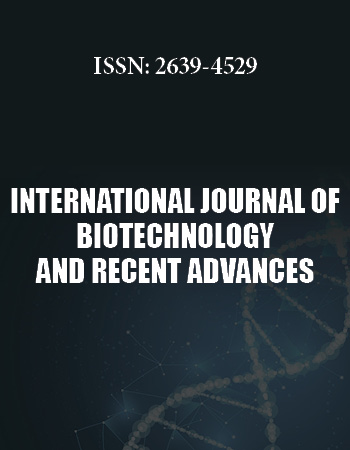European Microbiology Research Conference
December 3-4, 2018 Valencia, Spain
Characterization of a Newly Halophilic Salinicoccus sp. Hms Isolated from Wadi El Natrun, Egypt
1Damanhour University, Egypt
2Alexandria University, Egypt
A wide diversity of organisms exists in soil. Well-adapted groups can be found in extreme environments. Hypersaline ecosystems show a considerably rich diversity of microbes and are biologically very productive. These environments are rich source for novel microbes to be discovered. A newly isolated Salinicoccus sp. HMS from a soil sample of Wadi EL Natrun was characterized. A mucoid, glistening, reddish-orange pigmented colonies on Horikoshi-I agar plates was identified as Salinicoccus sp. HMS by morphological, physiological and biochemical characterization and 16S rDNA sequencing. S.sp. HMS grew in presence of 0–25% (w/v) of NaCl and at pH 6–11, with optimum growth at 11.7% (w/v) NaCl and pH 9. S.sp. HMS participates in halite formation in Horikoshi-I both supplemented with 2M, 11.7% (w/v) NaCl at pH 8. The bacterium was shown to produce a wide variety of extracellular hydrolytic enzymes including, inulinase, pectinase, amylase, lipase, mannanase, protease, cellulase, and xylanase. The strain was found to be capable to degrade phenol and chlorpyrifos. Moreover, the isolate due to its biopolymer, pigment and enzymes production under extreme condition displays potential biotechnological and bioremediation applications.
Keywords: Salinicoccus sp. HMS; Halophilic; Extracellular Enzymes; Biopolymer production
Biography:
Mona E. M. Mabrouk Professor of Microbiology. She is working at Botany and Microbiology Department, Faculty of Science, Damanhour University, Damanhour, Egypt. Her research of interests is Microbial Biotechnology.


